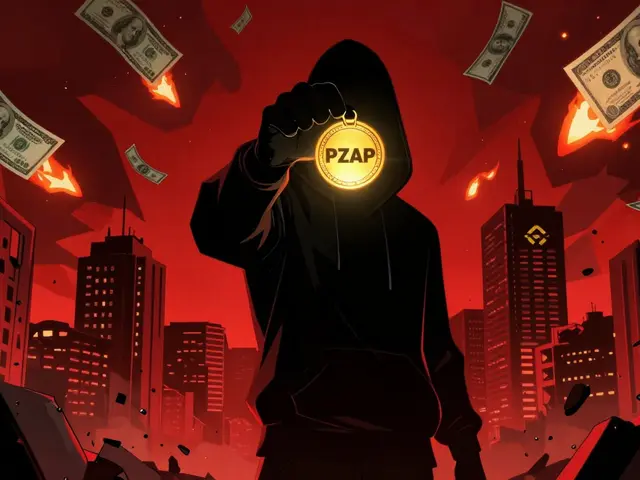Crypto Banking Restrictions
When dealing with Crypto Banking Restrictions, the set of rules and bank policies that limit or block cryptocurrency transactions. Also known as crypto banking limits, it affects everything from everyday purchases to large‑scale corporate transfers.
Many users wonder why their account suddenly stops moving Bitcoin or Ether. The answer often lies in a Bank Freeze, a temporary lock placed by a financial institution when it detects crypto‑related activity that may breach compliance standards. In the United States, the 2025 GENIUS Act (Global Enforcement of New Internet Securities) GENIUS Act, a statute that expands AML and KYC obligations for crypto transactions directly fuels these freezes. Crypto banking restrictions therefore encompass regulatory actions, require robust AML/KYT monitoring, and shape how crypto tax rules are applied.
How Regulations, AML, and Tax Policies Interact
Beyond the GENIUS Act, traditional anti‑money‑laundering (AML) frameworks push banks to flag transactions that lack clear source‑of‑funds documentation. This pressure creates a feedback loop: stricter AML rules lead banks to adopt broader crypto bans, which in turn force traders to seek offshore solutions or decentralized exchanges. Meanwhile, crypto tax guidelines—especially the new Form 1099‑DA—demand precise reporting of every crypto‑related gain, turning a simple bank freeze into a potential tax‑compliance headache. In practice, a user whose account is frozen must navigate three overlapping domains: the bank’s internal risk engine, federal AML directives, and the IRS’s tax‑reporting requirements.
Understanding these moving parts helps you anticipate when a freeze might happen and what steps to take afterward. The posts below break down real‑world examples of bank freezes, explain the GENIUS Act’s impact on everyday users, compare AML approaches across jurisdictions, and show how crypto tax strategies can keep you on the right side of the law. Armed with this context, you’ll know which tools—like KYC‑friendly wallets or compliant exchange platforms—can reduce the risk of a sudden block, and how to respond if you find yourself caught in the cross‑fire of crypto banking restrictions.

Explore how Russia's 2025 crypto banking ban impacts Bitcoin trading, discover practical workarounds like foreign exchanges and stablecoins, and learn long‑term alternatives.
Continue Reading





